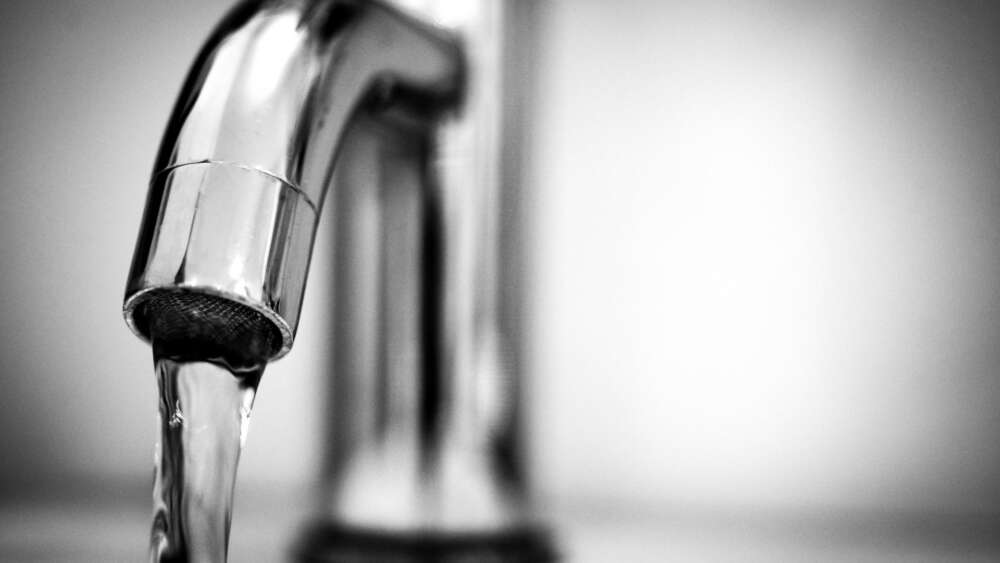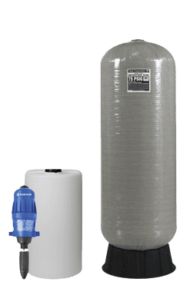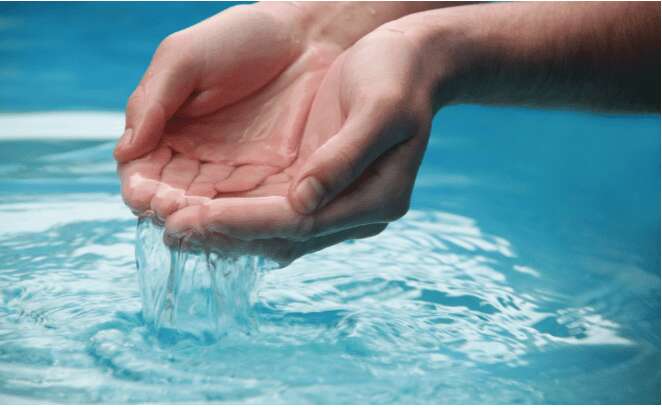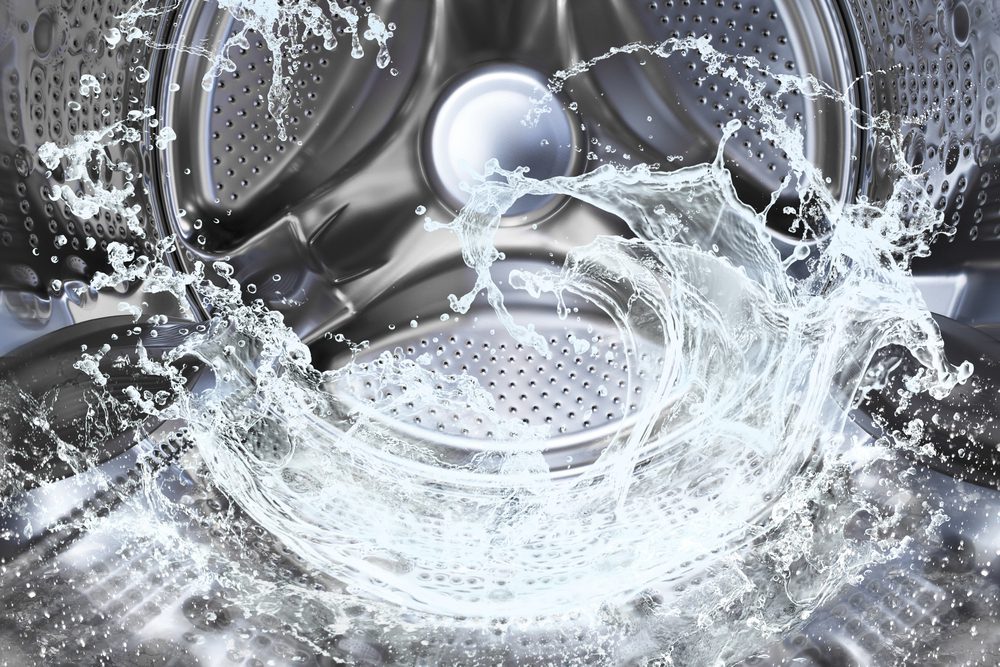Access to clean and safe drinking water is paramount for every community. Municipalities employ various methods to remove contaminants and maintain the quality of city water. Among these methods, UV (Ultraviolet) water treatment systems have emerged as an indispensable technology. This blog post will delve into the importance of UV systems in enabling cities to provide their residents with clean and safe water.
Unparalleled Germ-Killing Power:
UV water treatment systems are highly efficient at eliminating harmful microorganisms such as bacteria, viruses, and other germs that can be present in water. Using ultraviolet light, these systems effectively neutralize dangerous pathogens like E. coli, giardia, and Cryptosporidium, which are known to cause severe illnesses. This means that UV treatment guarantees the delivery of pathogen-free water, significantly reducing the risk of waterborne diseases.
Chemical-Free and Eco-Friendly Solution:
Conventional water treatment methods rely on chemicals like chlorine or ozone to disinfect water. However, UV water treatment systems operate without the use of any substances, which has significant advantages. UV treatment ensures water free from chemical residues, unpleasant taste, or odor. Additionally, it offers a natural and environmentally friendly approach to disinfecting water, making it safe without any adverse side effects.
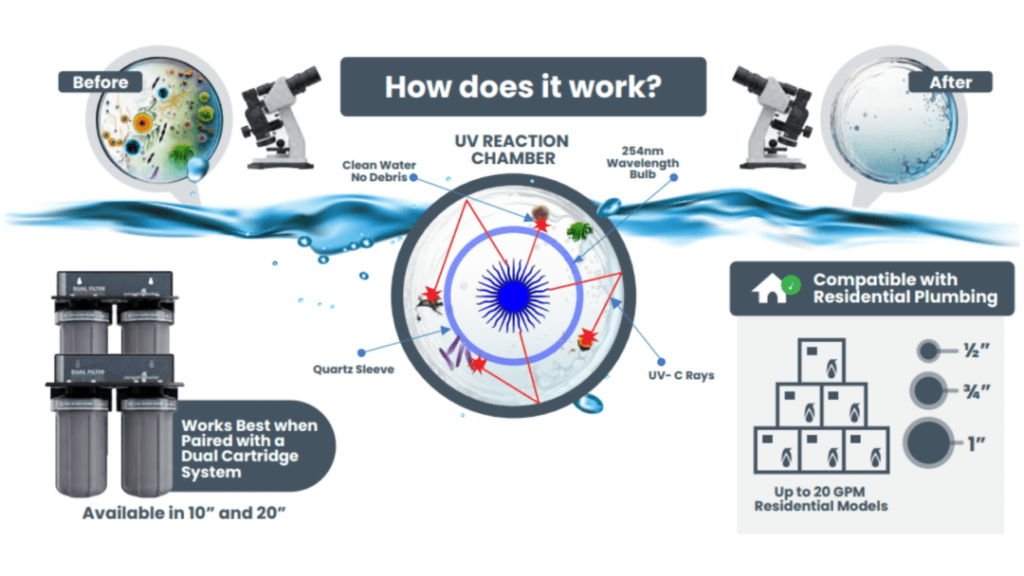
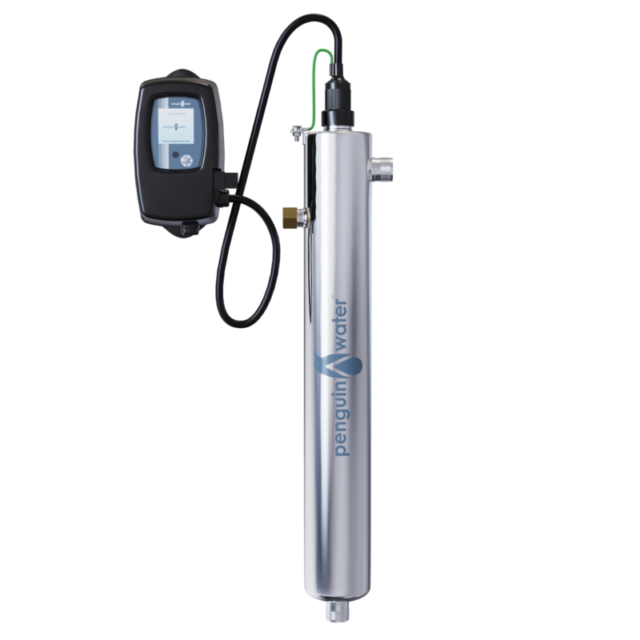
Cost-Effectiveness and Low Maintenance:
UV systems may require an initial investment, but they offer significant long-term cost savings. They consume less energy than other disinfection methods, leading to reduced operational costs. Moreover, UV systems have a simple design with fewer components, which decreases the likelihood of breakdown and the need for repairs. As a result, they require minimal maintenance and experience less downtime. The long lifespan and reliability of UV systems make them an exceptionally cost-effective solution for cities that aim to deliver consistently high-quality water.istently high-quality water.istently high-quality water.
Comprehensive Germ Elimination:
UV systems use UV light to damage the genetic material of microorganisms, rendering them incapable of reproducing or causing infections. It efficiently eliminates harmful germs, making it a versatile solution for water treatment.
Conclusion:
In an era where water safety and public health are of utmost importance, UV water treatment systems are indispensable for cities worldwide. Their unparalleled germ-killing power, chemical-free operation, ability to eliminate a wide range of germs, and compatibility with existing treatment methods make them the preferred choice in delivering clean and safe water to residents. As technology advances, UV systems will play an increasingly vital role in ensuring the quality and reliability of city water supplies.







